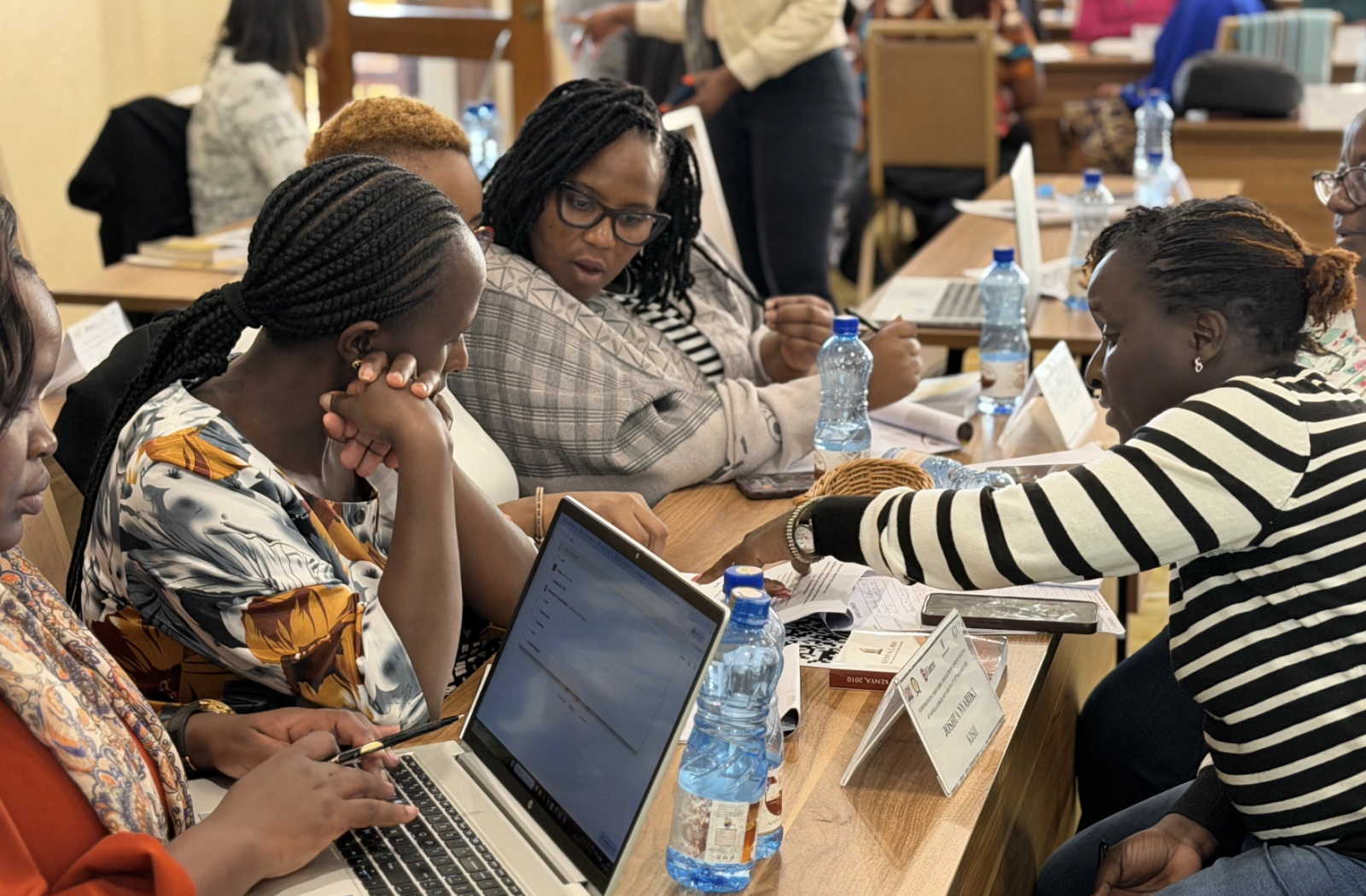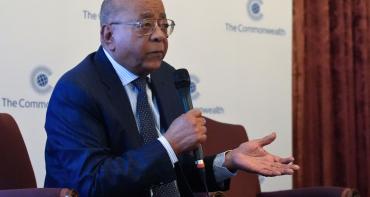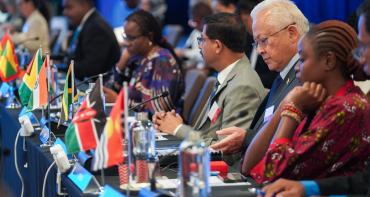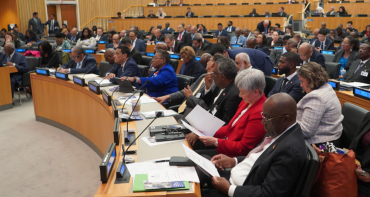More than 50 magistrates from across Kenya have completed a specialised Commonwealth training this week to better handle cybercrime cases that affect people and businesses every day.

Supported by the UK’s Foreign, Commonwealth and Development Office (FCDO), the training was held in Naivasha, Kenya, from 12 to 14 November 2025 in partnership with the Kenya Judiciary Academy (KJA).
The training focused on building stronger collaboration and skills to respond to crimes committed online, such as phishing scams and malicious deepfakes, as well as offline offences involving electronic evidence, such as fraud or harassment coordinated through email or social media.
Over three days, magistrates worked through mock cybercrime cases to explore how domestic laws, international treaties and mutual legal assistance apply in legal proceedings.
They also examined common challenges, including how to collect, preserve and authenticate electronic evidence to ensure it can be relied upon in court to deliver justice.
A double-edged sword
In his remarks, Supreme Court Justice Hon Smokin Wanjala, Director of KJA, described the digital space as a double-edged sword, a place of unprecedented opportunity, but also one that exposes people to new forms of harm.
He stressed that delivering justice to victims of cybercrime requires both legal and technological literacy.
Justice Wanjala welcomed the Commonwealth training as a timely step, adding that it contributes to their goal of ensuring every judicial office is “legally astute, digitally aware, globally informed and institutionally prepared” to address cybercrime.
He added:
“We must not lose sight of the human dimension of cybercrime as real victims… Our judicial response must therefore balance technological comprehension with empathy, fairness and commitment to protecting victims.”
‘A bottomless pit’
Magistrates shared how the training had deepened their confidence in tackling complex cybercrime cases.
Eddah Agade, Principal Magistrate in Mukurweini, Kenya, described her past experience with cybercrime cases as dealing with a “bottomless pit”. She said the training helped her feel that the depth was within reach.
She added that understanding key aspects of digital forensics, such as hash values and metadata, would directly improve her ability to assess electronic evidence in court.
Eddah said: “That evidence is the bridge between a crime and conviction. I will now be better equipped to evaluate the merits of electronic evidence and deliver justice.”
Ewan Smith, Head of Cyber Incident Response and Cybercrime Programmes at the FCDO, emphasised the growing need for such training, noting that INTERPOL data show a 25 per cent year-on-year increase in cyber-attacks on African countries.
“By bringing together participants from across the regions, we are fostering peer-to-peer learning and building a community of practice that will benefit the entire country,” he said. “Together, we will continue to make meaningful progress in our shared fight against cybercrime.”
Impact of similar training
In his remarks, Commonwealth Assistant Secretary-General Professor Luis G. Franceschi said similar training had led to a 50 per cent improvement in how judicial officers in another country handled electronic evidence. He expressed hope that the Kenya training would deliver similar results.
He said:
“The task before us may seem immense, but together, with integrity, courage, and wisdom, we can make the digital realm a place where rights are protected, trust is restored, and justice prevails."
“We cannot guarantee success, but we guarantee failure by giving up. So, do not give up.”
Since 2018, the Secretariat’s Cyber Unit has trained more than 2,000 law enforcement officers, prosecutors and judicial officials from 55 of the 56 Commonwealth member countries.
Media contact
-
Snober Abbasi Senior Communications Officer, Media and Public Affairs, Commonwealth Secretariat
- +44 20 7747 6168 | E-mail



